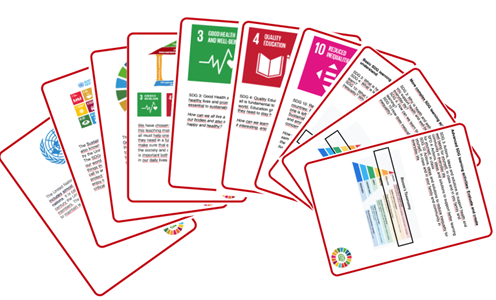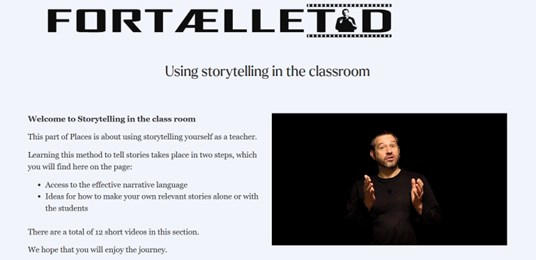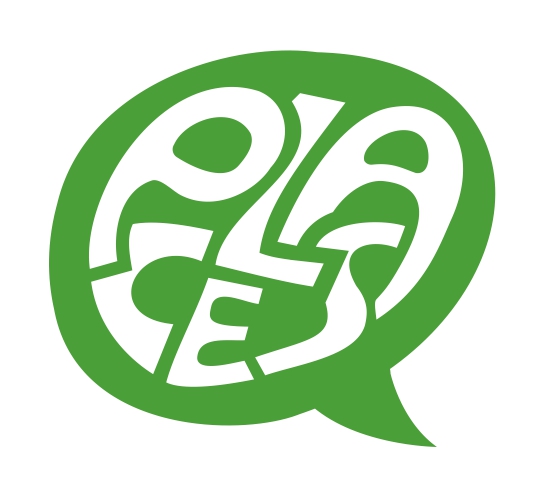PLACES is an ERASMUS + project that works to support the implementation of the Sustainable Development Goals (SDGs). The full title of the project is; “Playful LeArning and storytelling that Create Engagement for the Sustainable Development Goals among children and young people”.

Why PLACES
PLACES is interesting if you are...
- a school manager
- working in a school that works actively with the SDGs and look for inspiration
- wanting to motivate your teachers to use playful learning and storytelling
- a school teacher;
- looking for ways to teach about the SDGs
- looking for ways to make your teaching more engaging and fun
- wanting to give more empowerment to your pupils, but still having the overall control of the teaching situation
- a teacher student teacher, wanting to prepare your students to work in an innovative, playful and collaborative way, creating engaging lessons and closer relations to pupils
- working in an organization providing vocational training to teachers, seeing a potential in teachers knowing about playful learning and storytelling.
Meet the PLACES Partnership
The PLACES partnership consists of partners from Denmark, Belgium, Italy and Greece, bringing together education institutions, health institutes, NGOs and SMEs, representing competences like teacher training, playful learning, design approaches, health promotion and storytelling.
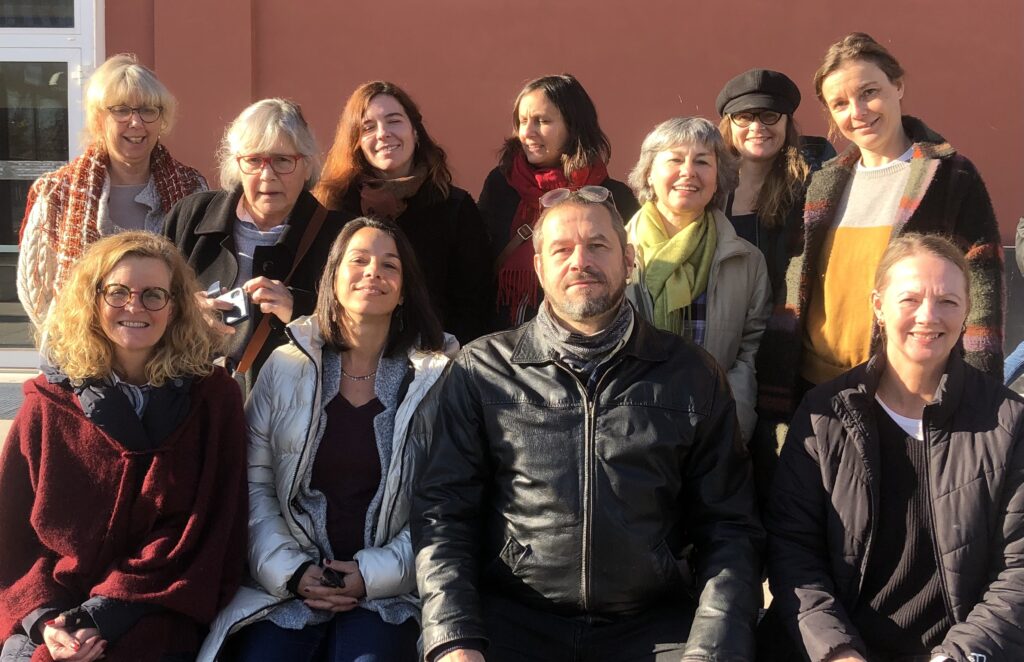
What has PLACES created until now?
The PLACES House of living, learning and playing
- Playful Learning
- Design Thinking
- Storytelling
- The Whole School Approach and principles from the Schools for Health in Europe Network
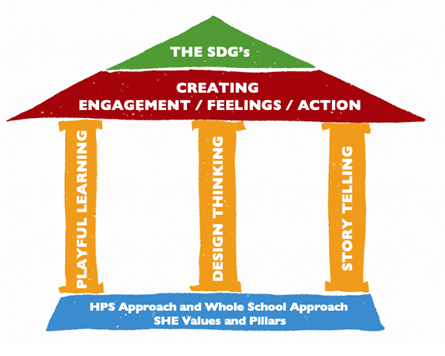
European Needs Analysis
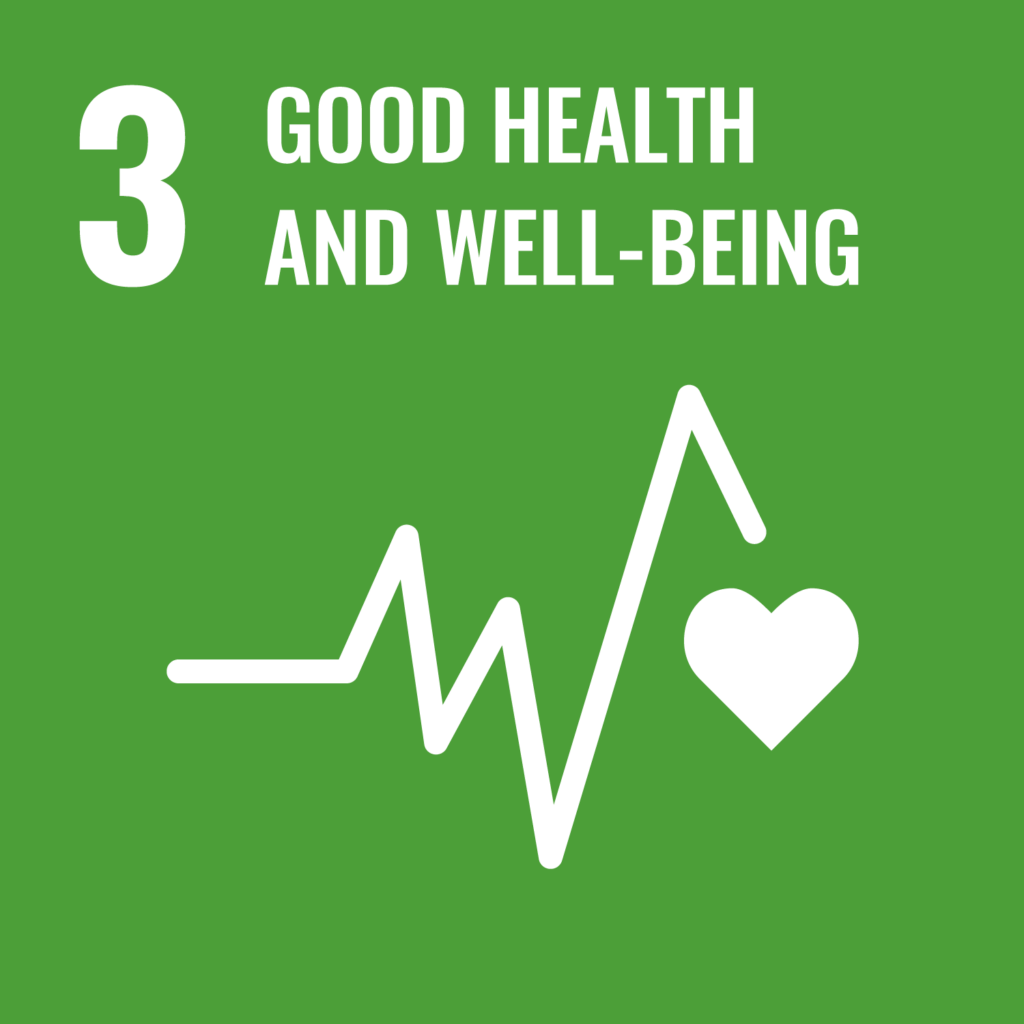
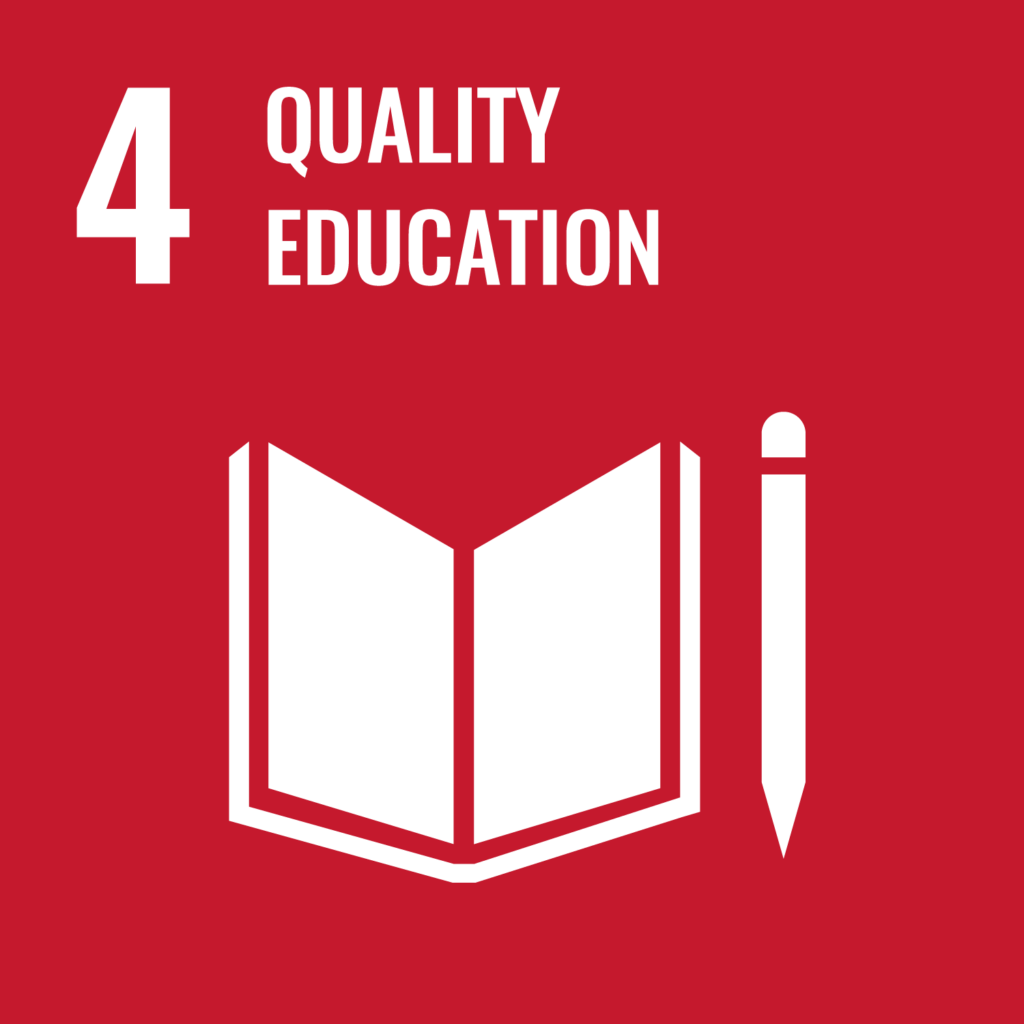
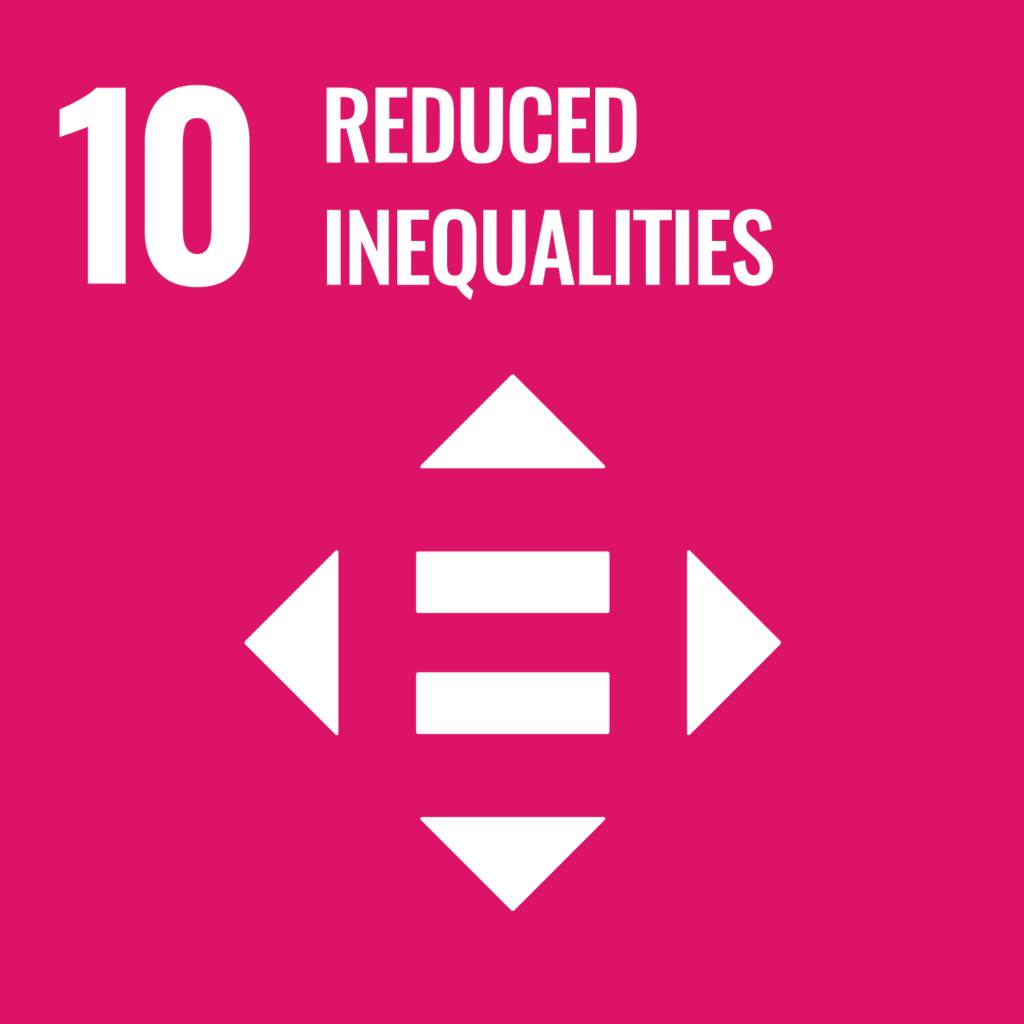
The European Needs Analysis was elaborated by the Italian partners from Università degli Studi di Milano-Bicocca, building on material that was gathered by all partners from their countries, and as Claudia Meroni says;
“It ensures that the partners have all the necessary background knowledge and insights to create the best foundation for the development, testing, sustainability and upscaling of activities which will be carried through in the project,”
Through the work with the European Needs Analysis the partners found out, that PLACES has an important role to play, as teachers are interested in the SDGs and would like to teach more about them in the classroom.
“The SDGs are to some extent a part of school education in all the countries involved, but the political framework often does not go into detail about how the SDG activities should be implemented in schools, but rather it is up to the schools to define the activities with the SDGs,” says Claudia Meroni and continues;
“In generel the teachers attitudes are very positive, and they want to use the SDGs in their teaching. But they would need additional training on the SDGs, as they receive information on such topics mainly from non-work-related interests. They would also like to receive more support from the school in using the SDGs in their work, as they feel they lack time and proper materials.”
When asked about storytelling the teachers agree on its importance.
“Only 20% of the teachers use storytelling to deliver messages related to the SDGs, because they feel they lack the necessary skills and would need more materials and training. This is even more true when it comes to use storytelling in a playful way,” Claudia Meroni says.
As a part of the analysis, pupils aged from 6 to 14 were involved in focus groups or small group interviews in each country. They were asked about their school experience, their needs and their experience with storytelling.
“The students wish to be more involved in decisions, under the guidance of the teacher and they want activities that include movement, incorporating physical activity and the use school spaces other than the classroom,” she says.
The stories can be used by teachers as inspirational material to prepare an engaging teaching situation around one of the SDGs.
Local PLACES story from Greece
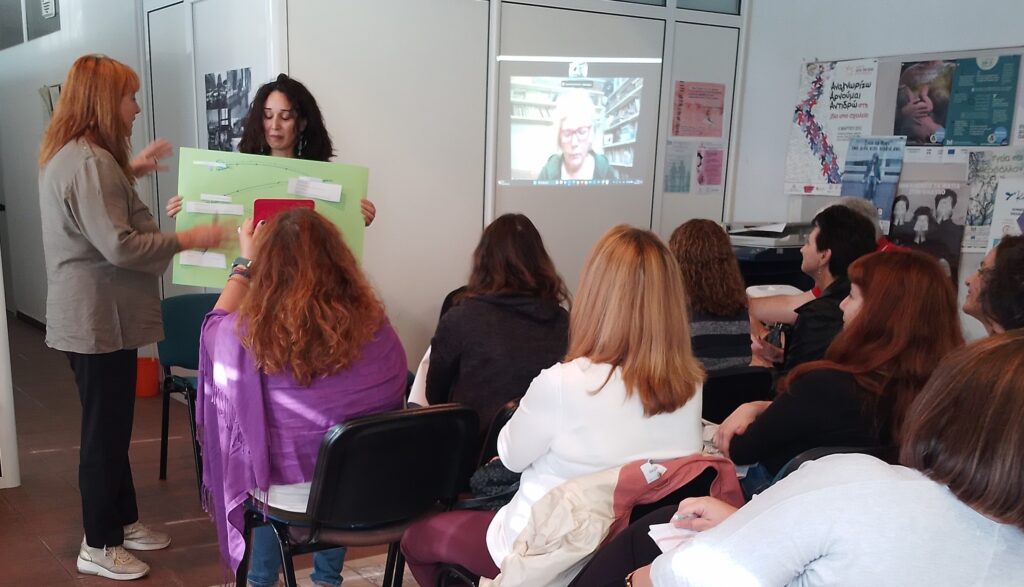
At the first PLACES seminar for teachers in Greece, there was great interest in working with the Sustainable Development Goals through playful learning and storytelling.
21 teachers from 9 primary and secondary schools of Attica gathered on the 11th of November 2023 at the Children’s Health Center of Kaisariani in Athens for the first physical training seminar for teachers participating in the PLACES project. Here, anthropologists Aigli Brouskou and Electra Bada from the Institute of Child Health and our storyteller Eleana Hatzaki discussed the goals of the PLACES project and the SDGs and introduced storytelling as a pedagogical tool for schools. As an example of this technique, Eleana Hatzaki told the story of a Greek folk tale, which is also a universal story that exists in many European countries in different versions.
During the seminar, the teachers collaborated in teams and drew roadmaps of the story’s character and created their own versions of the story, by changing story elements and motifs and linking them with the SDGs 3, 4 and 10.
“Our teachers’ interest for working with the SDGs, playful learning and storytelling is growing and there is already another seminar that is being organized by a school counsellor who participated in our meeting, disseminating further the use of storytelling method in education in more schools in Attica,” says Electra Bada.
After the seminar the teachers brought the story to their students who made their own versions and roadmaps. In the 4th primary school of Kaisariani, the students created their own audio-visual stories, drew the map of the main character’s journey and made visual mind maps and audio recordings with their voices telling their own versions of the story, which they adopted by including Christmas folk and fairytale elements.
“It has been a wonderful and creative time working with innovative participatory methods and receiving a lot of positive feedback and ideas from the teachers and their students,” she says.
Electra Bada is looking forward to work and play with the PLACES video stories in Greek together with the teachers in spring for the next teaching training.
What is next to come
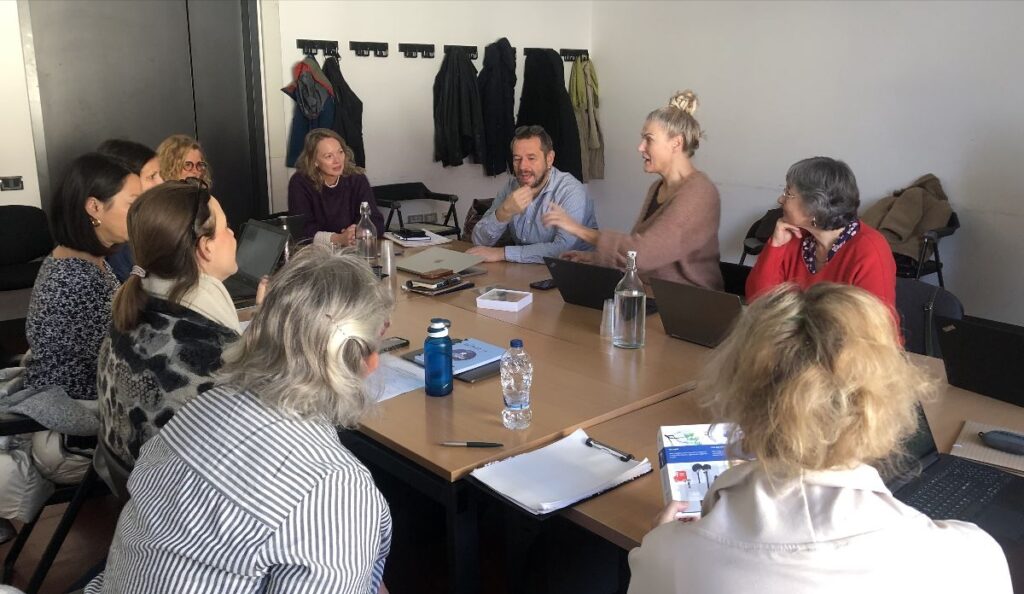
Based on the results from the European Needs Analysis, the partners have now entered into the innovation and development phase. The PLACES development partners, Fortælletid, who are professional storytellers and Design School Kolding, who are industrial designers, are developing the English master material, which will be translated into the 4 project languages being Danish, French, Italian and Greek.
So in a few month time, you can look forward to listen to springboard stories about the SDGs and the EU, as well as tutorials about how to develop springboard stories and use this technique in the class room. You will also find the PLACES Academy, which will be a collection of method cards that teachers can use in their class room – or else where – to design, plan and facilitate teaching situations which are based on playful learning methods.
